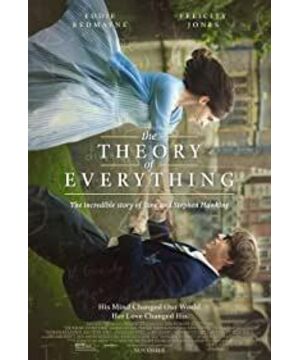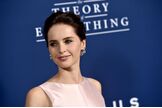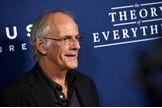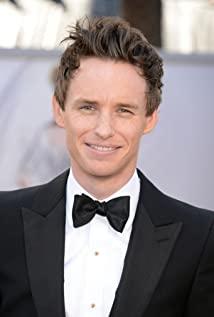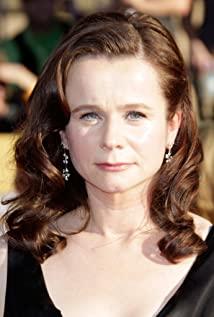Large sections of inner drama and detailed descriptions give actors great acting challenges and space to play. Each protagonist and supporting role are very brilliant, and Eddie’s acting skills are particularly exquisite. Numerous close-up shots have captured the smallest movements of eyes, eyebrows, mouth, throat, hands, feet, etc. Eddie is full of acting skills even with facial muscles and Adam's apple. What is particularly exciting is his chanting and voice processing, which is very reductive and has a sense of hierarchy. Eddie and Felicity’s rivalry is the scene where Jane drove and said we were not a normal family and the scene where the two broke up. The screenwriter’s lines were very well written, implicitly showing the different personalities, positions, angles of the two of them, the actors’ The performance was very delicate, and many emotions that could not be expressed in language and unspeakable in this situation and situation were all expressed through acting. Although the rivalry with Maxine Peak was short, it showed Elaine's first impression of him brilliant, funny, and patient, and it was a bit naughty. She confessed to Aunt Maxine Peak out of selfishness, she showed the huge contrast between Elaine and Jane as soon as she appeared, and also faintly showed Elaine's ambition.
I personally have a small question about the selection of screenwriters. At the end of the film, why did the screenwriter express his achievements through Hawking's speech in the United States and his audience with the Queen? There are also subtitles that explain Hawking’s achievements and his relationship with Jane. Why does the screenwriter think this is the key point that needs to be explained and emphasized, and why use the end captions to explain it? The subtitles at the end of a celebrity biographical film are often a summary of their lives, meaning a conclusion. Should a biopic of a still alive celebrity explain his experience in such a conclusive way? Why do screenwriters think that popularity and official recognition represent Hawking’s achievements when selecting materials? The beginning of the film begins with the shadow of Hawking entering the palace, and at the end, it uses honored children and children running in the garden (it is not so much the children running as if it is Hawking's heart running) to give a big impression of the protagonist’s mood and life state. , Is the interpretation of Hawking’s achievements secularized, is it too romantic in emotional expression, is it too sensational in the control of the film’s tone? And for Hawking, who Jane calls "liberal socialist", is it too ironic that the screenwriter and director use such a superficial and clichéd approach? There is Jane Hawking among the screenwriters, and the script will inevitably look at the problem from her perspective. I don't know if it is limited by the capacity of the movie or the screenwriter's director's understanding of Hawking himself. From the script and the director's approach, we can see that there is not enough understanding of Hawking's thoughts and meanings. profound. However, it is not impossible to say that the ambition of the producer, director and screenwriter is only to deduce rather than excavate.
I don't know whether it is a problem of the positioning of the film or the use of the theme. The overall situation is too sensational and too personal, and lacks sociality and reflective care. But who said that biopics cannot be personalised in life, but they have to be lofty? Regardless of whether the movie focuses on fictional ordinary people or real-life celebrities, no one is obliged to carry a certain banner.
If the film's positioning stops at the reproduction of Hawking's private life, the film is considered a success. If the producer and investor have greater ambitions, there is still a lot of gap between the film and the expected essay for the awards season.
View more about The Theory of Everything reviews


